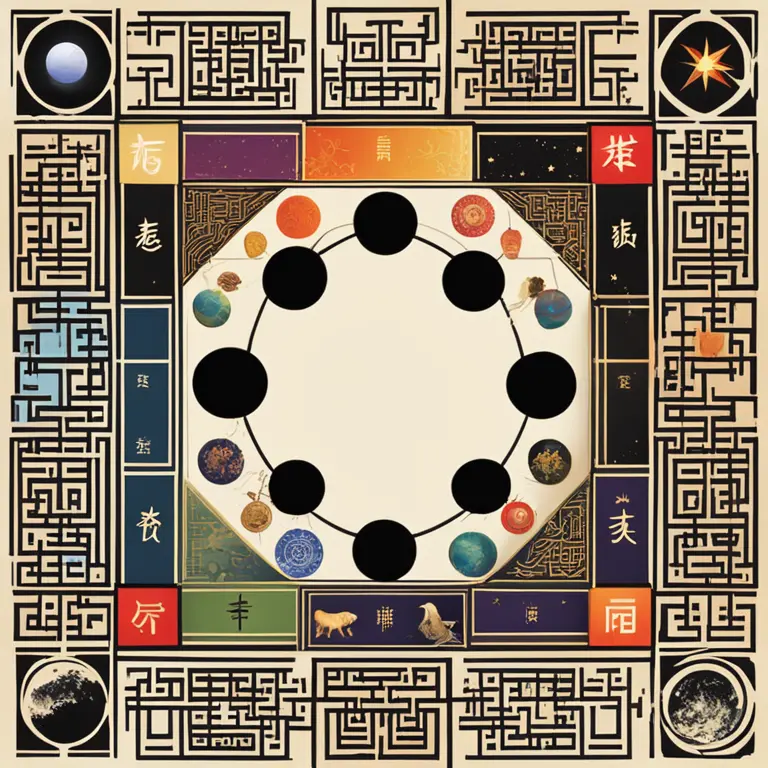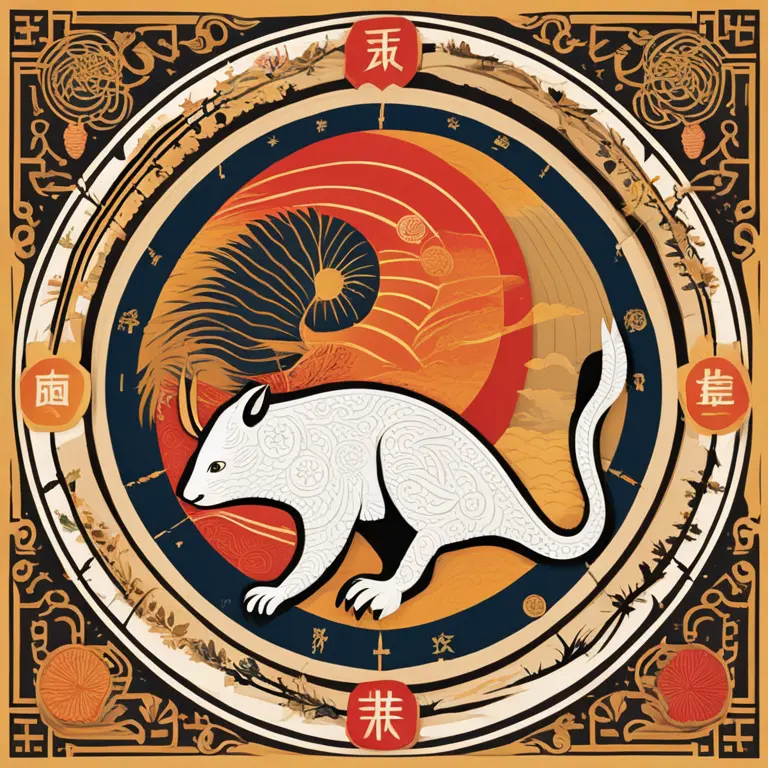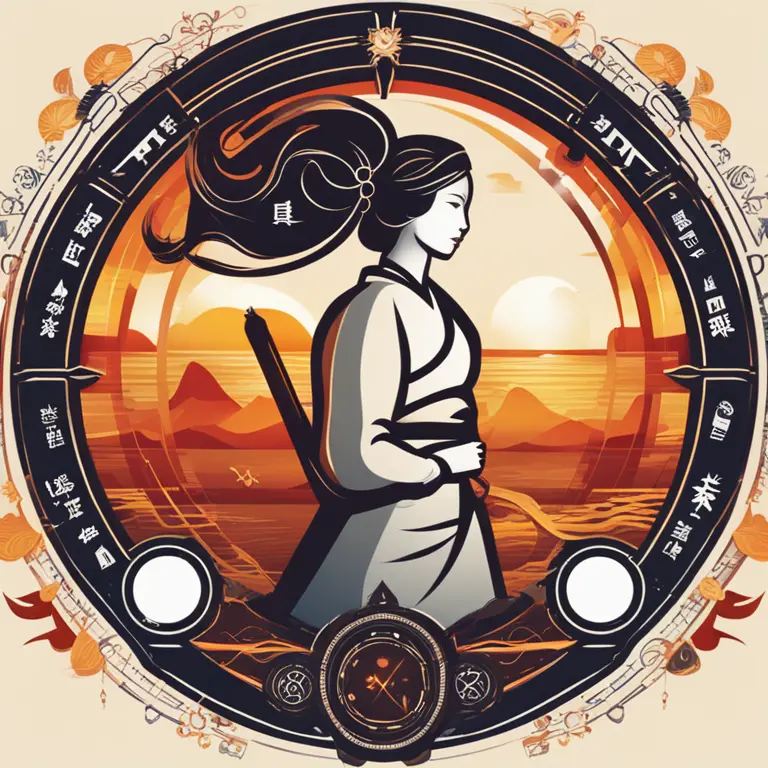
Astrology and Chinese Zodiac: A Comparative Insight
Dive into the intricate world of star signs and animal symbols as we compare Western astrology with the ancient Chinese zodiac system.
article by Priya Deshmukh
A Comparative Overview
Astrology and the Chinese zodiac are two popular systems for understanding human personalities and predicting future trends, each with its own cultural origins and unique methods. Western astrology is based on the celestial alignment of the sun, moon, and planets against the backdrop of 12 zodiac signs, represented by constellations. The Chinese zodiac, or Shengxiao, is rooted in a 12-year lunar cycle, where each year is symbolized by a specific animal. Both have evolved and captivated followers for millennia, providing insight into life's complexities and personal behavior.

The Zodiac Signs
Western astrology categorizes individuals into one of 12 signs, determined by the sun's position at the time of birth. Each sign falls into one of four elements—fire, earth, air, or water—adding another layer of personality traits and tendencies. Conversely, the Chinese zodiac is based on a 12-year cycle, with each year assigned an animal sign. These animal signs are believed to influence one's character, with attributes that are thought to be present in people born in that year. Unlike its Western counterpart, the Chinese zodiac also considers the influence of five elements—wood, fire, earth, metal, and water—on a repeating cycle, shaping an individual's destiny.

Compatibility and Relationships
In both systems, compatibility between signs plays a crucial role in the realm of love and relationships. Western astrology uses aspects between planets to determine compatibility, while also looking at respective elemental signs. The Chinese zodiac focuses on how certain animals interact with each other, based on mythical stories and ancient observations. For instance, animals four years apart are believed to be the most compatible, while those six years apart may face challenges. These systems provide frameworks for people looking to build harmonious and understanding relationships.

Historical and Cultural Contexts
The historical roots of astrology span back to Babylonian times, later influencing Greek and Roman cultures, eventually spreading through Europe and the rest of the world. The Chinese zodiac, on the other hand, finds its origins in the Han dynasty and has remained a significant cultural touchstone across East Asia. Despite their distinct origins, both practices reveal a human desire to seek patterns in nature and human behavior, using celestial and animal symbols as predictive tools for life's events.

The Modern-Day Relevance
Today, both the Western astrological and Chinese zodiac systems have adapted to suit contemporary times while still drawing on their ancient principles. The increasing digital dissemination of horoscopes and zodiac readings has broadened their accessibility and appeal. While some people deeply identify with their signs and attribute life choices to their alignments, others enjoy the systems as cultural curiosities without subscribing to their predictive power. The fusion of Eastern and Western zodiac traits in modern interpretations often provides a more nuanced and personalized astrological profile.
Personal Growth and Understanding
Astrology and the Chinese zodiac serve as tools for reflection, allowing individuals to explore personal growth and self-understanding. Both systems encourage introspection by highlighting strengths and potential challenges. They aid in the understanding of personal dynamics and can provide comfort during uncertain times. While skeptics may dismiss these systems as pseudoscience, enthusiasts cherish the introspection and guidance they offer, treating them as a spiritual compass for navigating life.
Conclusion
Both Western astrology and the Chinese zodiac offer unique perspectives on life's journey, each with its own rich traditions and insights. While they differ in method and cultural background, the core aim of providing guidance and reflection remains the same. By appreciating these ancient systems, we can enrich our understanding of the world and ourselves, drawing on the wisdom of the stars and the animal kingdom to navigate the complexities of human existence.
Published: 2/13/2024
Modified: 2/13/2024
More predictions
Come back here soon to learn more about yourself and your future


The Tarot's Queen of Pentacles: A Guide to Practical Wisdom
Delve into the significance of the Tarot's Queen of Pentacles and discover how this card symbolizes nurturing abundance and material mastery in readings.


The Essential Tarot Card Meanings Guide with Images
Discover the meanings behind the mystical tarot cards with our comprehensive guide, complete with vivid imagery to enhance your understanding of each card's symbolism.


The Tarot Card Deck: A Gateway to Mystical Insights
Discover the tarot deck's rich symbolism and its role in personal growth and foresight. An insightful guide to the power of tarot cards.